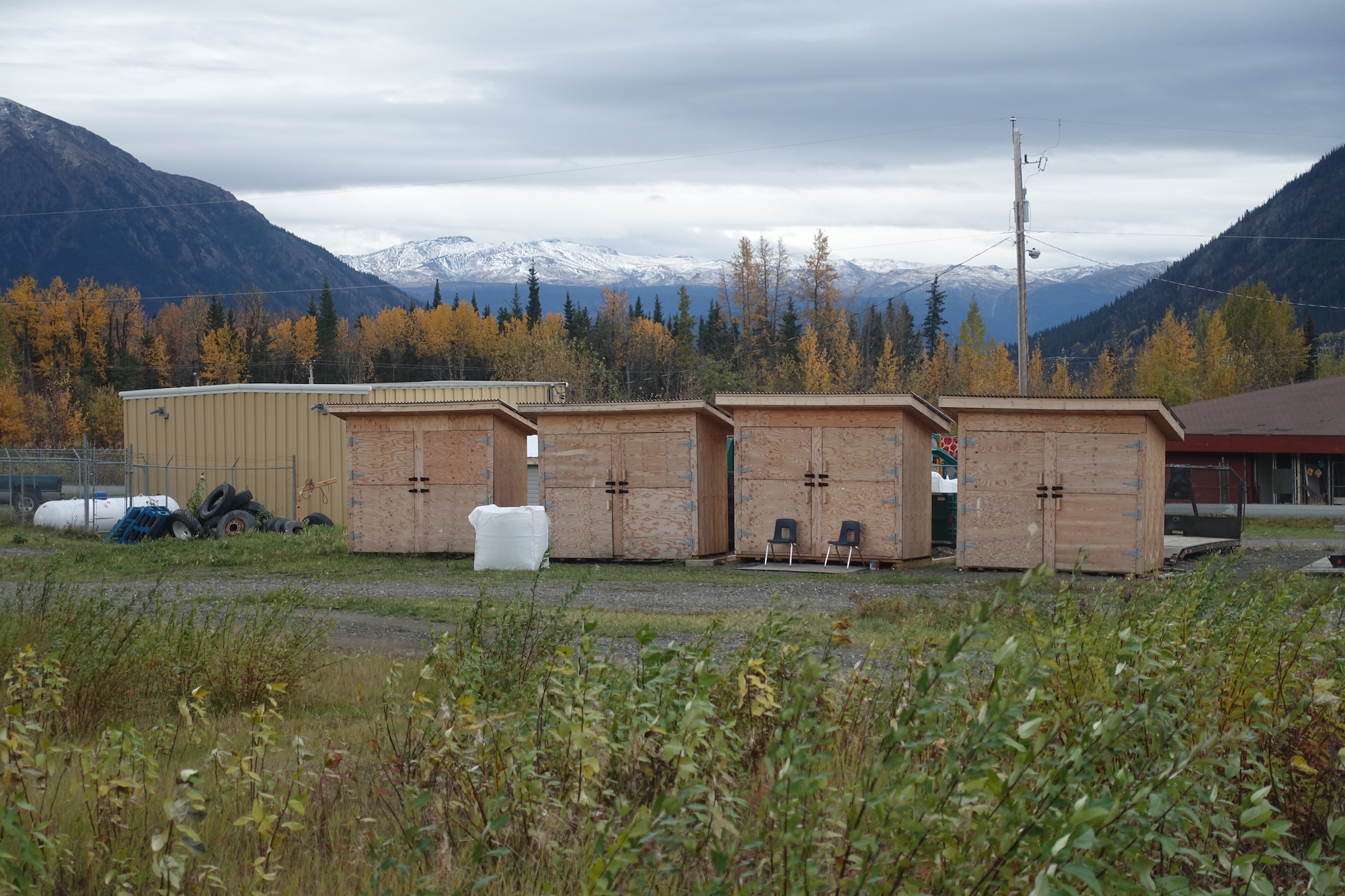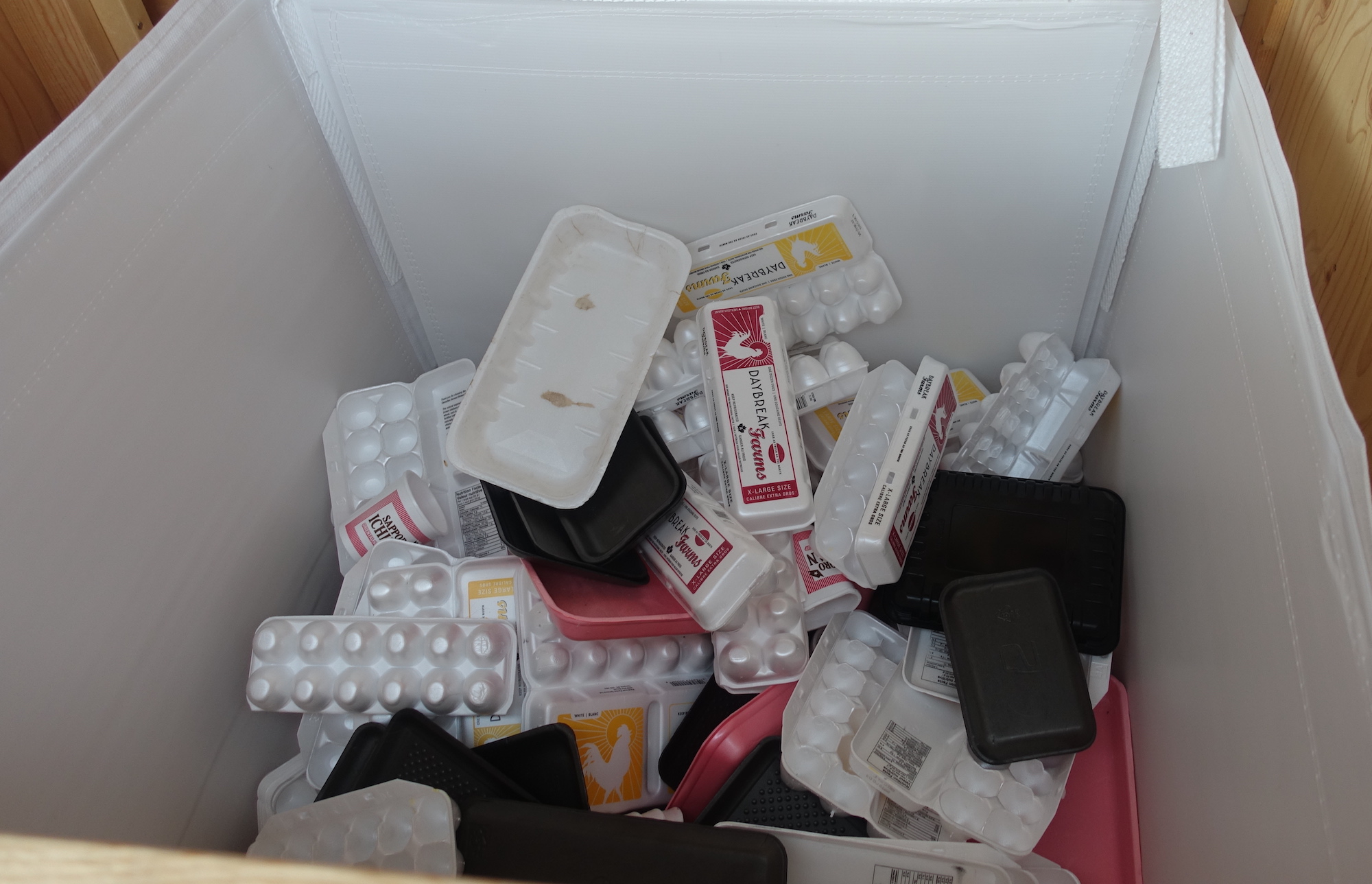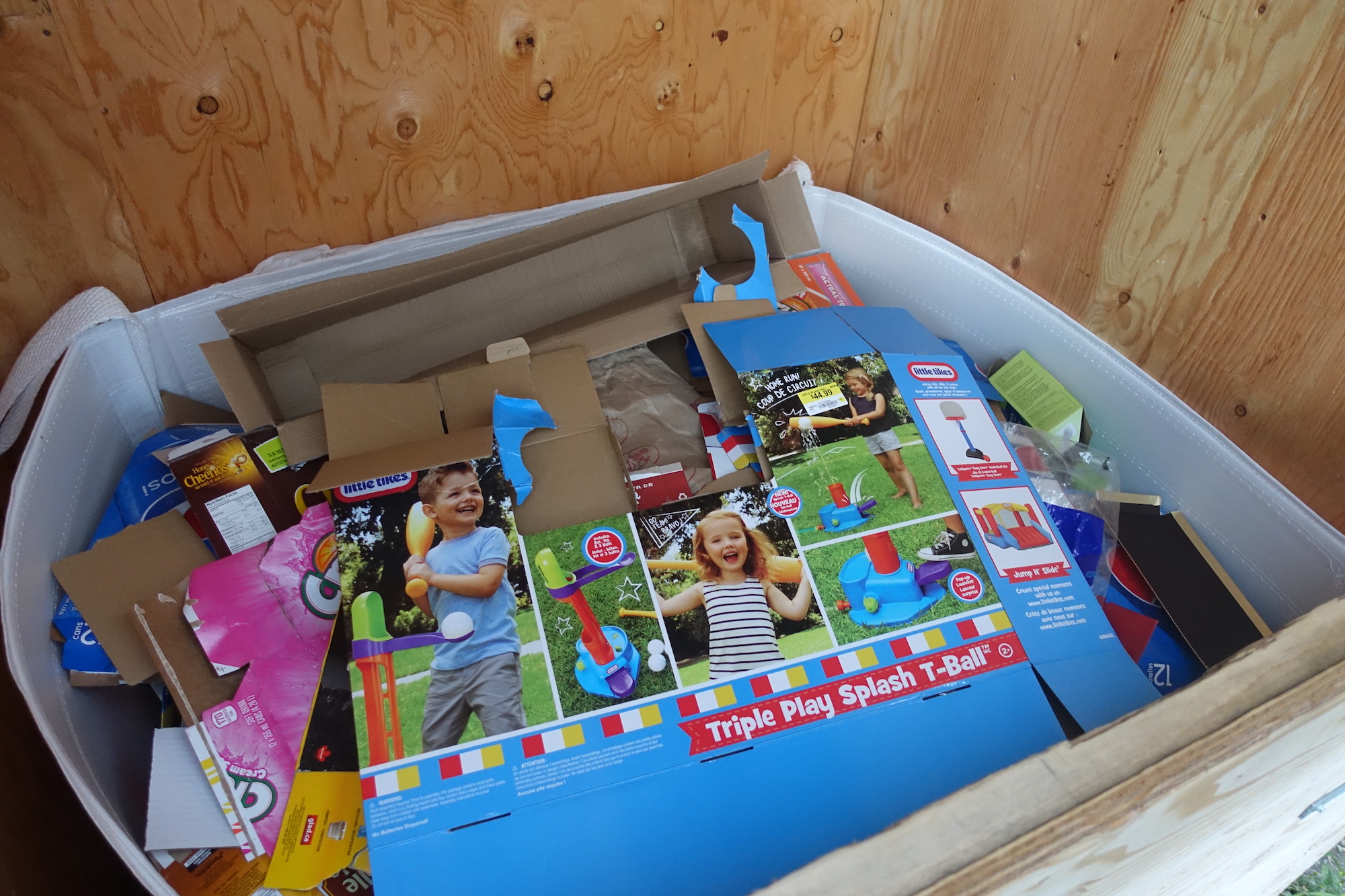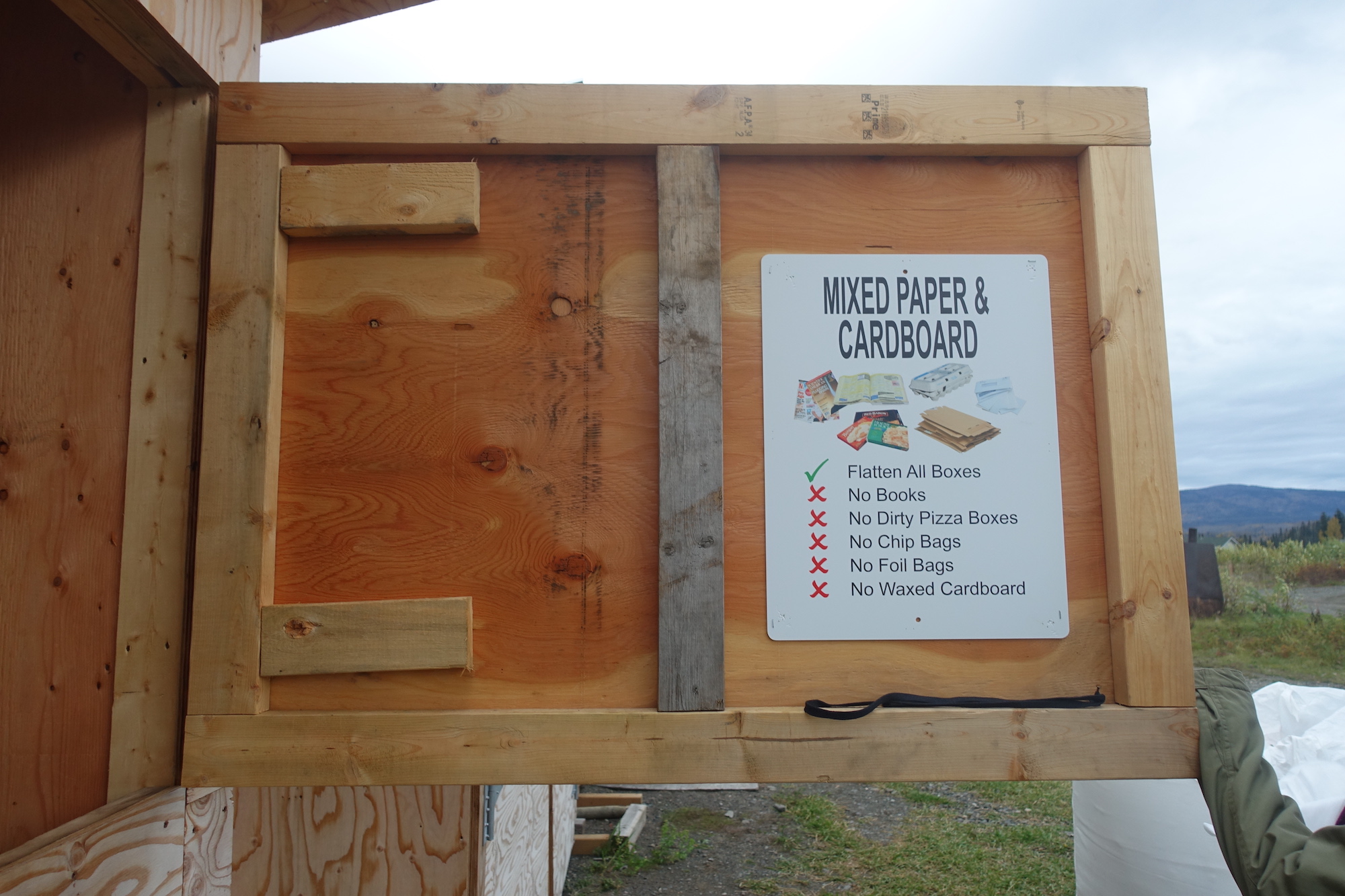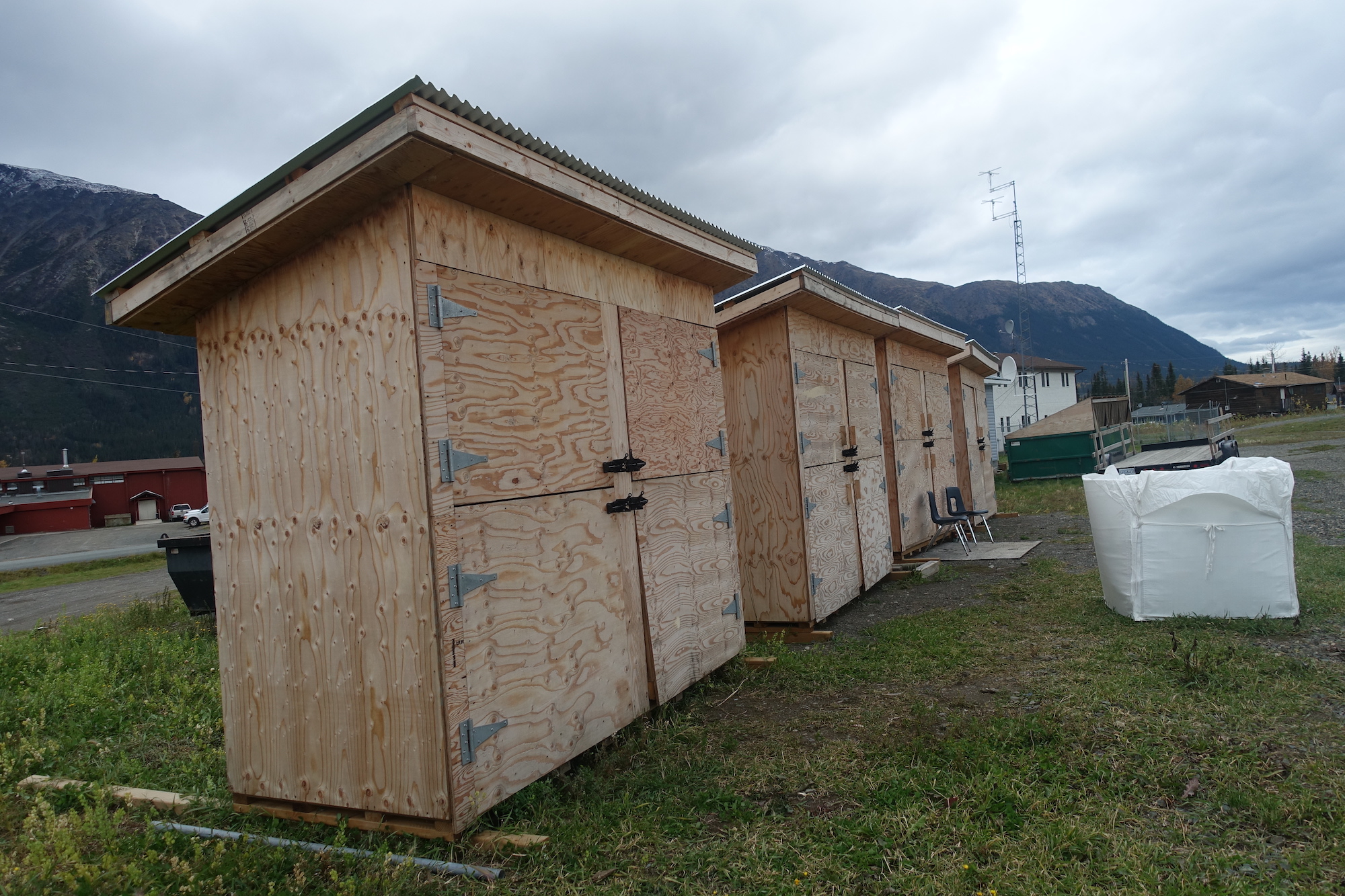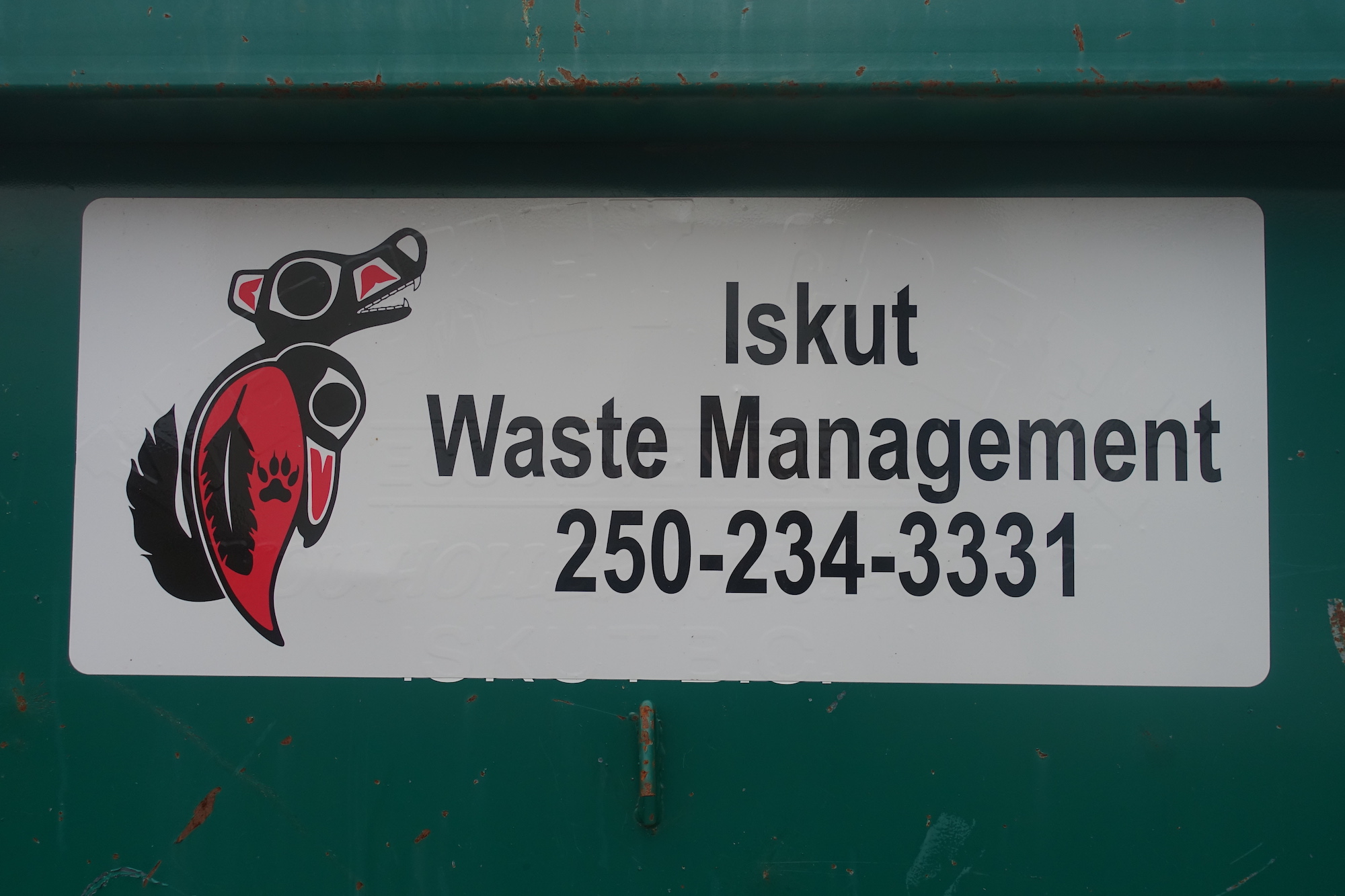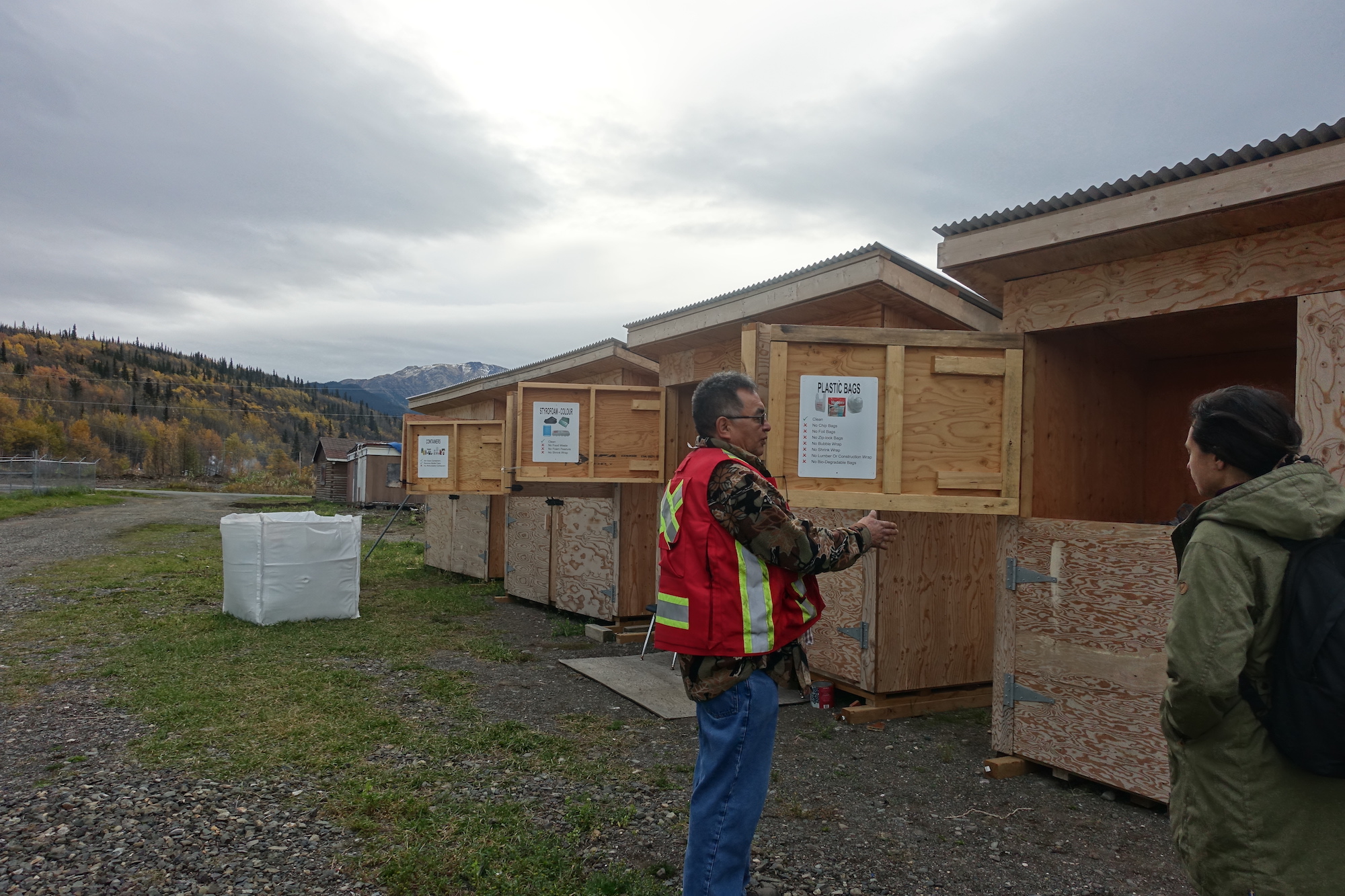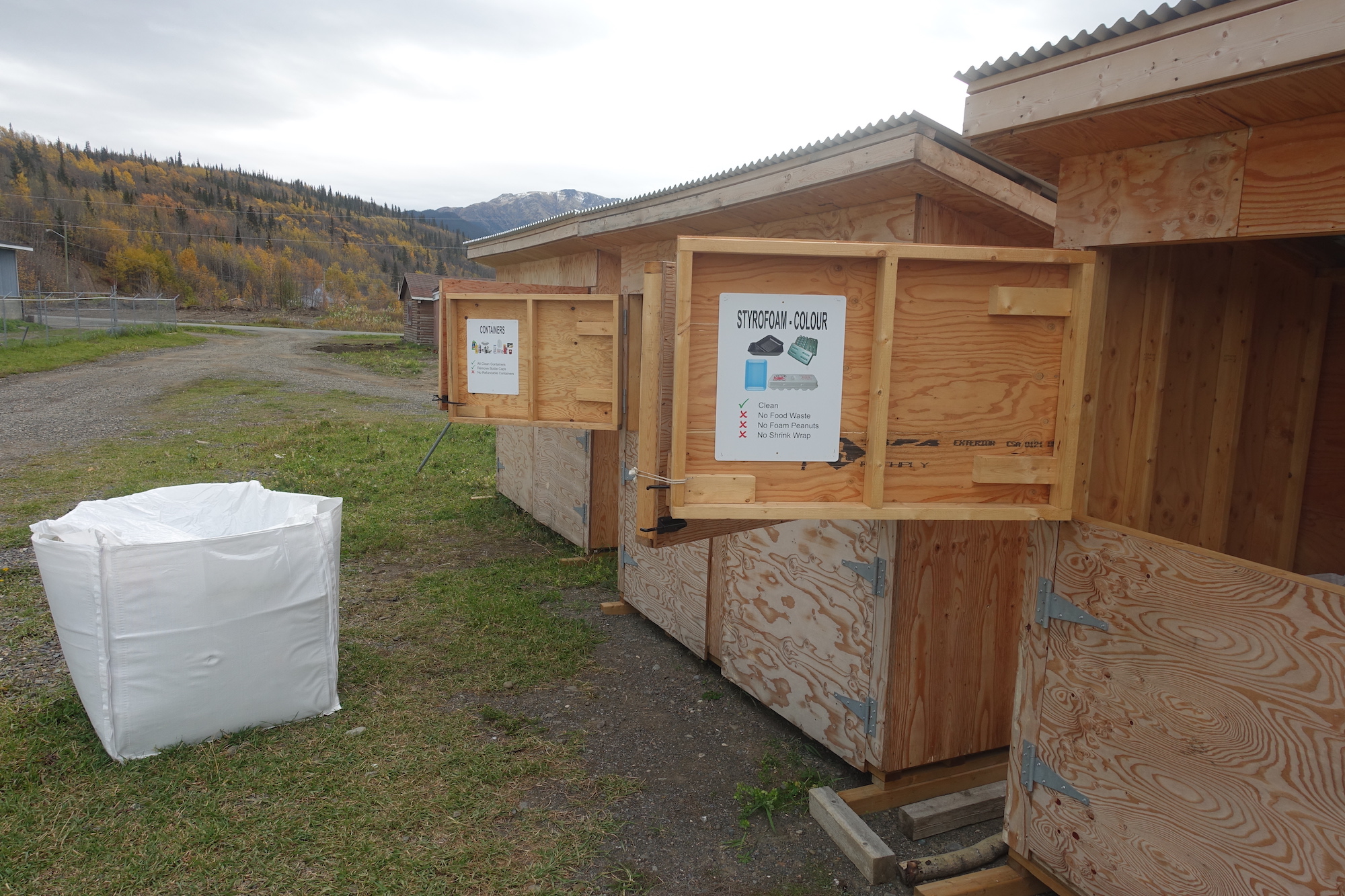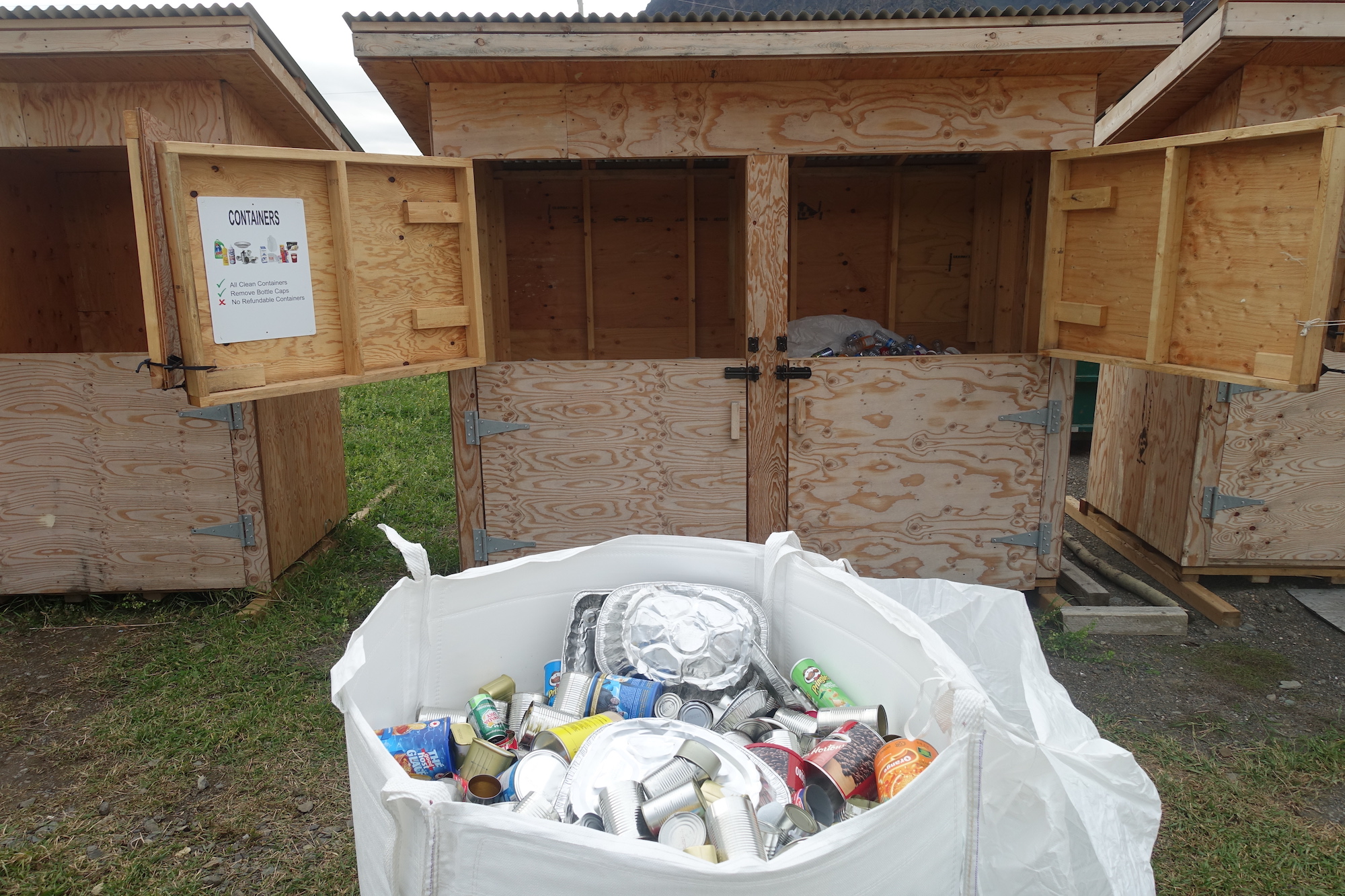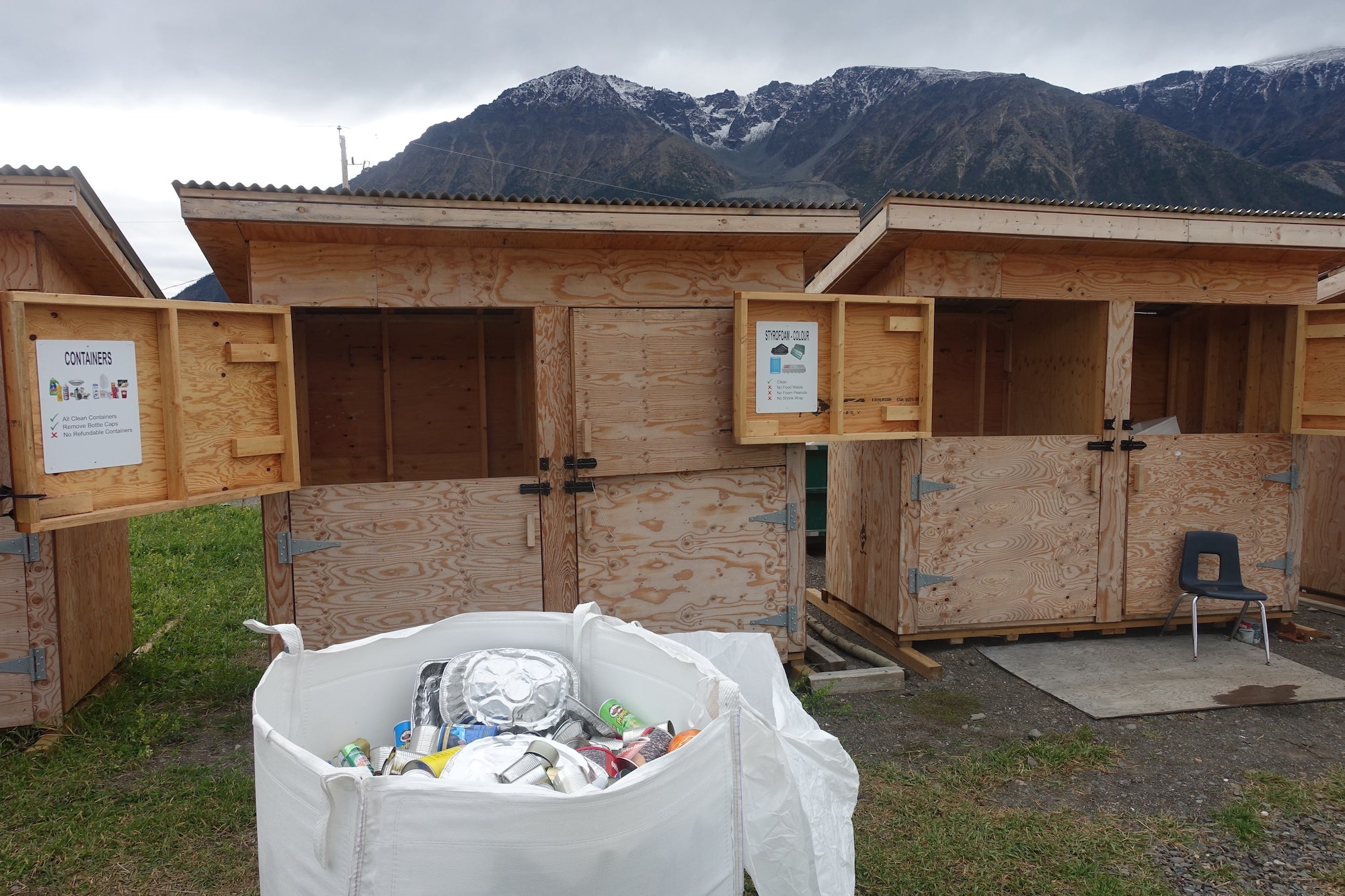
Recycling
General Recycling
What is Recycling?
Recycle is the third “R” in Reduce, Reuse, Recycle.
Once an item can no longer be reused, recycling it recovers the materials to use as a resource for new products.
Common recyclables include:
- “Blue Box” recyclables (e.g., cardboard, paper, cans, metal and plastic food containers, etc.)
- Appliances and electronics
- Automotive items (e.g., tires, batteries, etc.)
There are many other items that are recyclable. Find out more.
Information
In British Columbia, the Recycling Regulation requires the makers, importers and sellers to be responsible for the return and proper management of discarded products and packaging. This is known as product stewardship, or Extended Producer Responsibility (EPR). For a list of product stewards, click here.
For “Blue Box” recyclables, the product steward responsible is Recycle BC. If accepted into the Recycle BC program, a community can send collected recyclables to one of the depots free of charge, and depending on the distance, could be eligible to have the transport cost reimbursed. There are terms and conditions for joining the program, including the requirement to keep contamination in the recyclables at no more than 3%. To learn more, contact info@fnri.ca
It’s important to note that items not covered by a product steward could still be recyclable. Find out if an item is recyclable HERE.
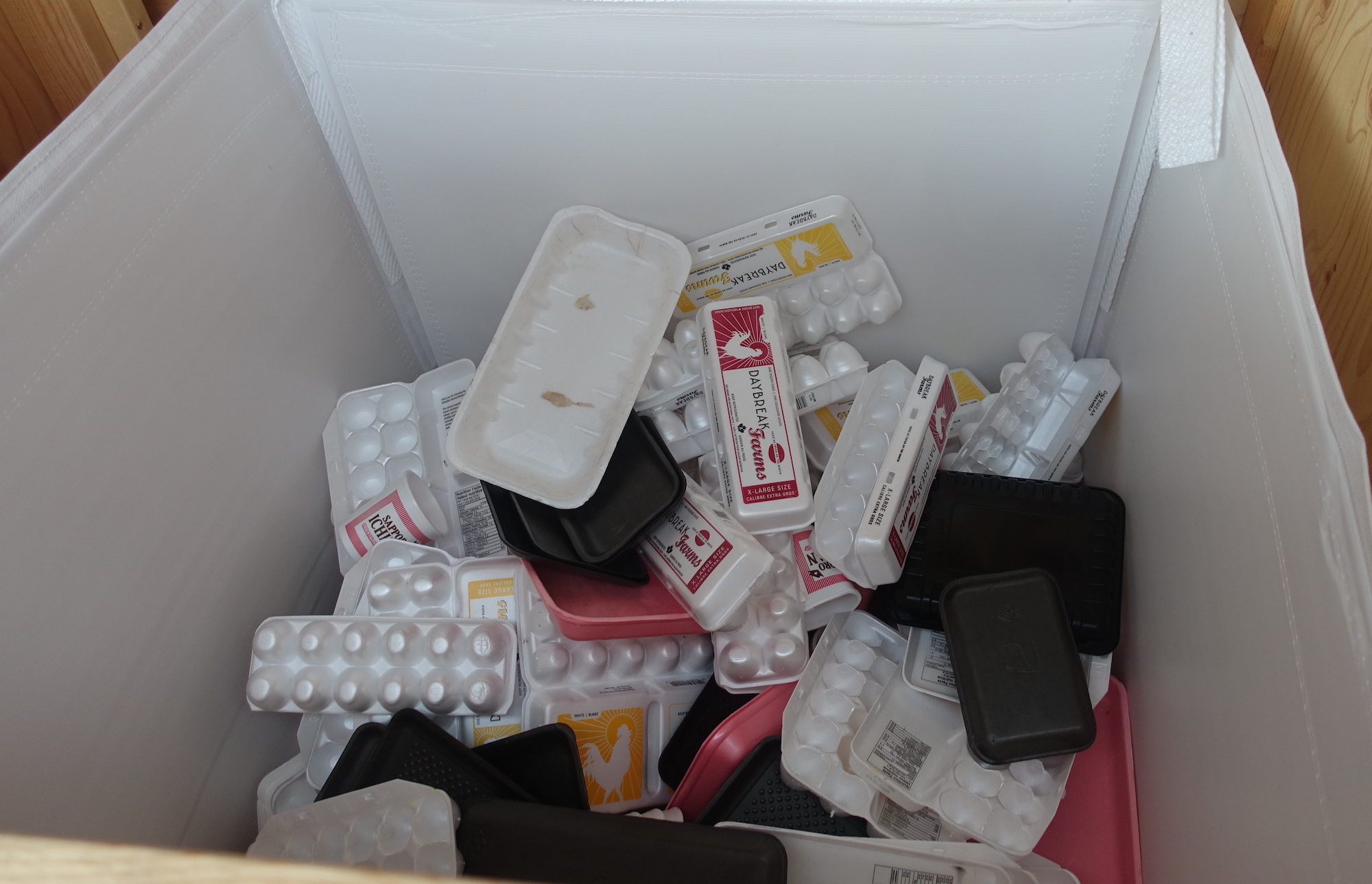
Environmental Impact
Up to 80% of marine debris in the ocean comes from land-based sources.
Ocean Recycling
Best Practice Examples
Iskut Band Council built a recycling station for community members to drop off their recycling and a recycling champion is on-hand when the station is open to help members:
Recycling Guide
Up to one-half of daily household garbage can be recycled – a Recycling Guide can help households sort daily recycling. Download here.
